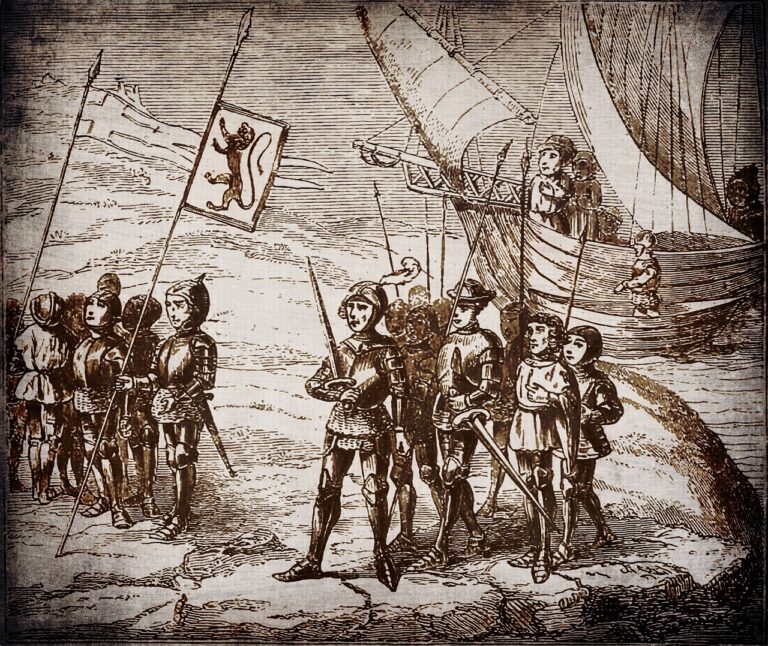Traveling Responsibly in Fragile Ecosystems: Ecotourism Best Practices
Fragile ecosystems are delicate environments that require careful attention and preservation. These ecosystems are composed of intricate networks of living organisms and physical elements that are highly susceptible to disruptions. Any imbalance or disturbance within these ecosystems can have far-reaching consequences on the entire environment, impacting not only the flora and fauna within them but also the local communities that depend on them for sustenance.
In order to safeguard these fragile ecosystems, it is essential for individuals and societies to understand the interconnectedness of all life forms within them. By recognizing the intricate relationships and dependencies that exist within these ecosystems, we can better appreciate the need for conservation efforts and sustainable practices. Through education, awareness, and proactive measures, we can work towards protecting these unique and invaluable ecosystems for future generations to enjoy.
• Fragile ecosystems are delicate environments that require careful attention and preservation.
• These ecosystems are composed of intricate networks of living organisms and physical elements that are highly susceptible to disruptions.
• Any imbalance or disturbance within these ecosystems can have far-reaching consequences on the entire environment.
• Impacting not only the flora and fauna within them but also the local communities that depend on them for sustenance.
In order to safeguard these fragile ecosystems, it is essential for individuals and societies to understand the interconnectedness of all life forms within them. By recognizing the intricate relationships and dependencies that exist within these ecosystems, we can better appreciate the need for conservation efforts and sustainable practices. Through education, awareness, and proactive measures, we can work towards protecting these unique and invaluable ecosystems for future generations to enjoy.
The Importance of Conservation
Conservation plays a critical role in protecting the delicate balance of ecosystems worldwide. By preserving biodiversity and natural resources, we ensure the sustainability of our planet for future generations. Without conservation efforts, many species would face the threat of extinction due to habitat destruction and climate change.
Additionally, conservation helps maintain the health and well-being of human populations. Ecosystems provide essential services such as clean air, fresh water, and fertile soil that society relies on for survival. By safeguarding these ecosystems, we are also safeguarding our own future and quality of life.
Respecting Local Cultures
Embracing local customs and traditions is essential when engaging with different cultures. By respecting the beliefs and practices of the communities we encounter, we demonstrate our appreciation for their way of life. It is crucial to approach interactions with an open mind and willingness to learn from the local people, fostering mutual understanding and respect.
Incorporating aspects of local culture into our own behavior displays recognition and admiration for the unique heritage of each community. By participating in cultural activities, trying local foods, and learning about traditional customs, we can deepen our connection with the local population and show that we value and respect their way of life. This cultural exchange not only enriches our personal experiences but also strengthens the bonds between different cultures.
Why is it important to respect local cultures when visiting a new place?
Respecting local cultures is important because it shows appreciation for the traditions and customs of the community, helps to preserve cultural heritage, and fosters positive relationships between visitors and locals.
How can travelers show respect for local cultures?
Travelers can show respect for local cultures by learning about the customs and traditions of the community, being mindful of their behavior and clothing choices, supporting local businesses, and engaging with locals in a respectful manner.
Why is it important to understand fragile ecosystems when visiting a new destination?
Understanding fragile ecosystems is important because it helps visitors minimize their impact on the environment, protect endangered species, and preserve the natural beauty of the area for future generations to enjoy.
What can travelers do to help conserve fragile ecosystems?
Travelers can help conserve fragile ecosystems by following designated trails, avoiding littering, reducing their use of single-use plastics, supporting eco-friendly tour operators, and participating in conservation efforts such as beach clean-ups or tree planting initiatives.





